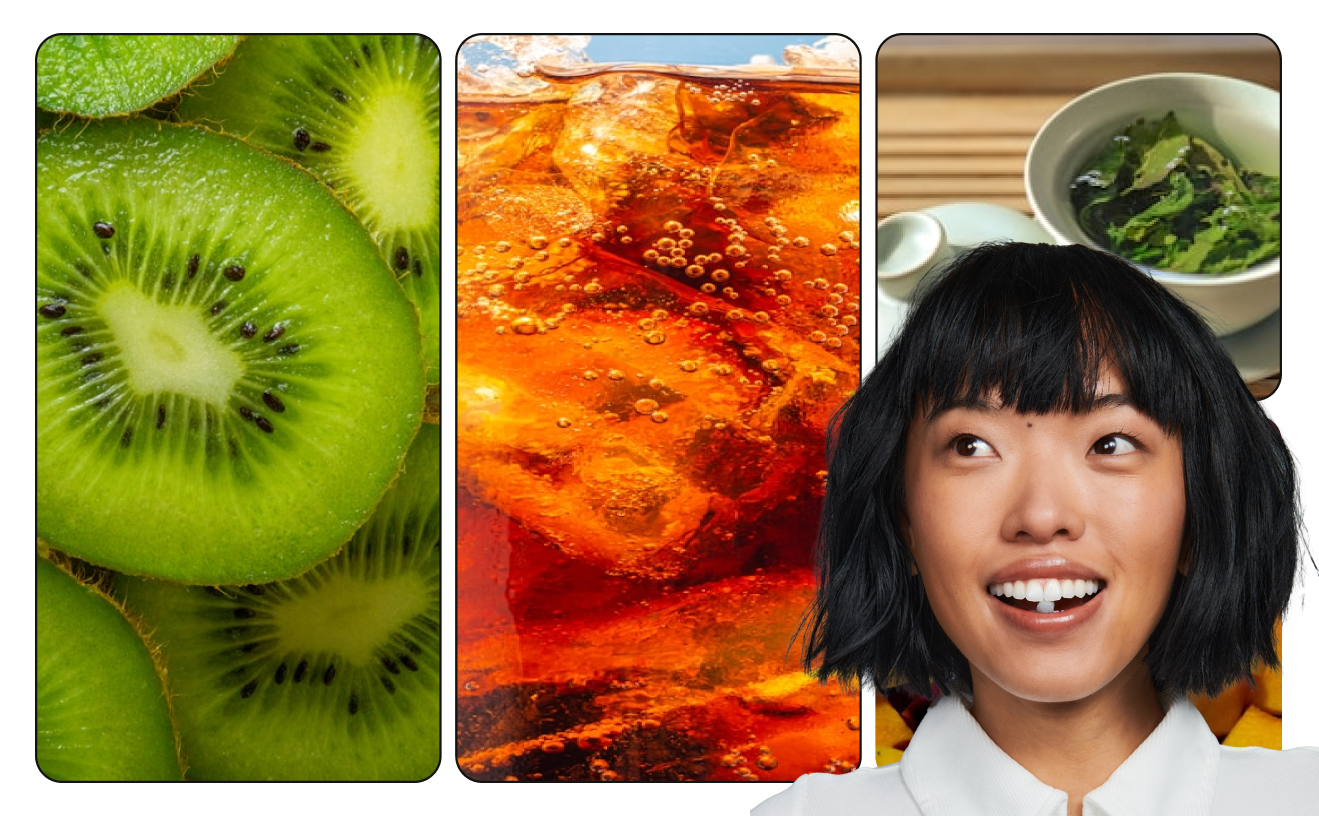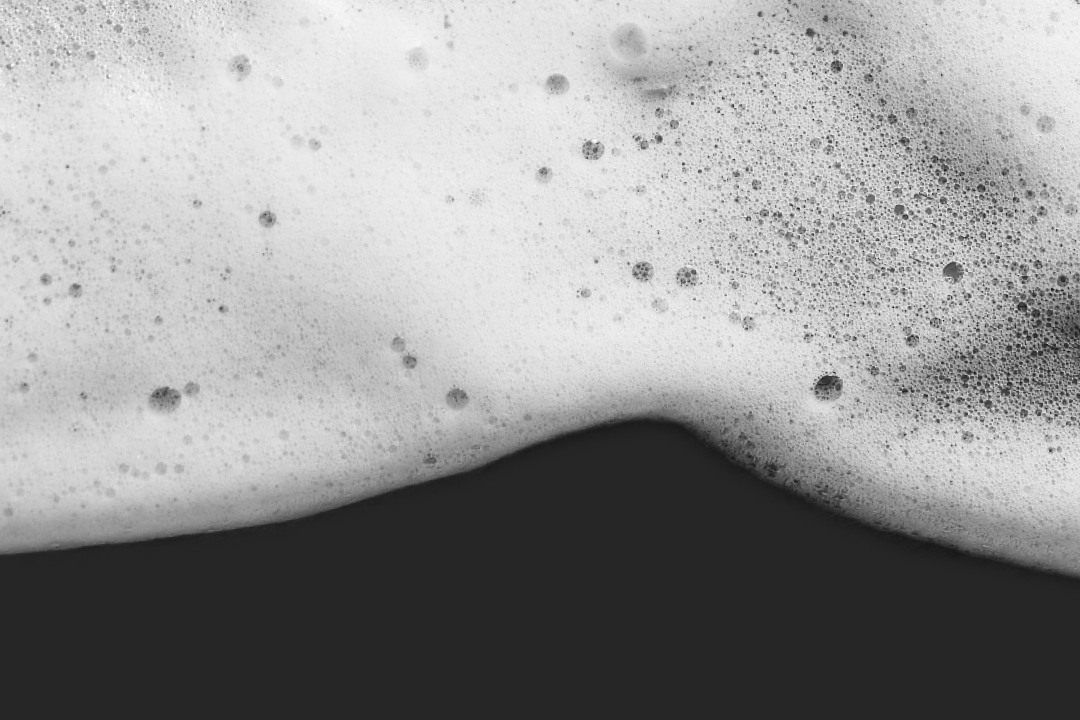Nanohydroxyapatite (NHAp) Toothpaste: Is It Safe?
One of the most important habits you learn from a young age is brushing your teeth every day, multiple times a day. However, establishing a solid oral care routine can be difficult when many oral products contain harmful chemicals encased in plastic.
Luckily, nano-hydroxyapatite is an ingredient that is gaining popularity in the world of dental care as a more biocompatible alternative to fluoride, but how exactly does it work, and is it as effective as fluoride?
Keep reading to find out how nano-hydroxyapatite (nHAP) works and how to incorporate it into your oral care routine.
What Is nHAp?
Nano-hydroxyapatite, or nHAp for short, is the synthetic version of hydroxyapatite. NHAp is an ingredient that has powerful remineralizing effects.
NHAp is a powerful ingredient for oral care products like toothpaste because of its tiny particles — hence the term, nano. NHAp has the ability to remove plaque and bacteria from your teeth while also filling small holes to strengthen your tooth surface.
If hydroxyapatite exists, then why was nHAp created? Interestingly, nHAp was actually developed for NASA astronauts in the 1970s.
Because of the complete absence of gravity in space, astronauts lost minerals in their teeth and bones. It was in this event that nHAp was created to help bone and enamel remineralization for these astronauts. The history of nHAp is, quite literally, out of this world.
nHAp vs. Hydroxyapatite
NHAp and hydroxyapatite are essentially the same but have different origins. Hydroxyapatite actually occurs naturally in your body and is the main component in your enamel surface. Hydroxyapatite keeps your tooth enamel strong and gives your teeth the white appearance that makes your smile stand out.
Hydroxyapatite is also naturally derived from sources like algae.
NHAp, on the other hand, is synthetically derived and is used as an ingredient in many oral care and dental products. Because it is significantly smaller in size than hydroxyapatite, it is more effectively able to penetrate subsurface enamel and bind to bacteria in the mouth.
Both hydroxyapatite and nHAp are fascinating ingredients that are incredibly beneficial to your bones and teeth, but nHAp is a more common ingredient in oral care products.
What Does nHAp Do?
Not only does nHAp have a fascinating history, but it also does powerful work for your tooth enamel.
Oral health is often overlooked, especially because of how monotonous the task of brushing, flossing, and using mouthwash can be.
Taking care of your oral health is crucial for your overall health because we use our teeth to chew and speak, and your smile is one of the first features that other people see.
Unfortunately, because of activities like drinking coffee and eating acidic (and delicious) foods, your tooth enamel can wear down over time and cause issues like tooth sensitivity and dental caries or tooth decay.
NHAp is an effective ingredient for taking good care of your teeth, partially because of its extremely small molecules.
As mentioned before, the tiny molecules of nHAp allow it to get into hard-to-reach places where bacteria and plaque hide. NHAp’s molecules bind to the unwanted bacteria and plaque in your mouth while also remineralizing your teeth, leaving them clean and stronger than ever before
nHAp and Tooth Enamel
Your teeth are very similar to the bones in your body, except they do not contain bone marrow and are different in structure.
The tooth enamel is composed of a mineral called calcium phosphate, and underneath your tooth enamel is a tissue called dentin which is a bit more similar to bone. Dentin contains mostly hydroxyapatite but also contains collagen as well.
Activities like consuming acidic foods and drinks or even brushing your teeth too hard (yes, this is possible) cause your tooth enamel to wear away, weakening your teeth and introducing issues like sensitivity.
NHAp is a fantastic ingredient for oral care because it has remineralizing agents that build and restore your tooth enamel to help fight and prevent tooth decay and cavities.
Tooth decay happens when the tooth enamel is damaged by bacteria that create acids that break down the enamel. Once tooth decay occurs, cavities can form, which can cause even more damage and pain.
Cavities can cause a wide array of problems for your teeth, like infections and tooth loss, and can even cause eating and speaking issues.
Because nHAp binds to bacteria and plaque, this ingredient is incredibly effective for warding off acids that cause tooth decay and cavities.
Is nHAp a Fluoride Alternative?
Now, most of us know what fluoride is. Your dentist has most likely spoken to you about the importance of fluoride toothpaste in preventing tooth decay, but fluoride is also found in some water sources in the US.
There are countless ingredients in personal care products that are harmful to your health despite being used for years, but does fluoride fit into this category?
Well, not quite. Fluoride, in large amounts and with prolonged exposure, may contribute to certain health issues.
Now, this may sound frightening, but not to worry. The Environmental Protection Agency (EPA) sets a limit on the amount of fluoride in drinking water to prevent conditions like skeletal fluorosis.
Overall, fluoride for oral care is not necessarily dangerous, but there are people with fluoride sensitivities and allergies, and people who get enough fluoride in their diet.
That is why nHAp may be a good alternative to fluoride that is just as effective and can be used even if you are not sensitive to fluoride.
Is nHAp Safe?
Of course, it is vital that you feel safe and confident when using products in your oral hygiene routine, especially since these products go directly into your mouth. So, is nano-hydroxyapatite toothpaste a safe alternative to fluoride toothpaste?
The short answer is yes! In scientific terms, NHAp is cytocompatible. In simple words, nHAp does not change the behavior of the cells in your mouth and body, meaning it is a safe ingredient to use in your oral care routine.
Should I Use nHAp in Place of Fluoride?
Whether you choose to use nHAp is up to your discretion. We all have unique needs and values, and it is important to use products that make us feel safe and confident.
Whether you are allergic to fluoride, want to steer clear of fluoride, or just want to try something new, nHAp can be a practical addition to your oral hygiene routine.
At Bite, we understand that all of us have unique needs and preferences regarding personal care routines. We also know that most toothpaste is packaged in plastic which can become wasteful, especially since most of us use toothpaste every day, multiple times a day.
In fact, there will be more plastic than fish in the ocean by 2050.
We want to reverse this statistic, which is why we have created sustainably manufactured personal care products made with zero plastic and zero waste.
Our natural, nontoxic Toothpaste Bits are encased in forever recyclable glass, and we even send you refills every four months packaged in 100% compostable pouches. Pretty neat, huh?
Our traditional Toothpaste Bits are formulated with NHAp for those who are looking for a strong, healthy smile without fluoride. However, we also offer Toothpaste Bits with fluoride so that you have plenty of options based on your needs and preferences.
With flavors like Fresh Mint and Berry Twist, a flavorful, clean, and whiter smile is just one toothpaste bit away.
How Do I Use NHAp?
Like any traditional toothpaste, it is recommended that you brush your teeth at least two times a day, preferably after meals. Brushing your teeth after meals will help keep bacteria and plaque off of your teeth that are caused by leftover food, especially sugary and acidic foods.
With our Toothpaste Bits, all you need to do is pop a bit in your mouth, chew, and brush away. Always consult your dentist when using new oral care products, of course.
The Bottom Line
At Bite, we understand how important it is to make informed decisions about the products you use, especially those you use every day. We are committed to providing you with all the information you need to make decisions about your personal care products that will give you the best results and peace of mind.
Whether you use our Toothpaste Bits made with NHAp or fluoride, you will achieve the same result: a cleaner, whiter, and stronger smile.
We are devoted to giving you options for personal care based on your needs and preferences so that you can make small changes to your routines that add up. Happy brushing!
Sources:
Tooth Enamel: Nature's Crowning Achievement | UCSF
Water Fluoridation and Cancer Risk | American Cancer Society
Nano-hydroxyapatite in oral care cosmetics: characterization and cytotoxicity assessment | NIH


